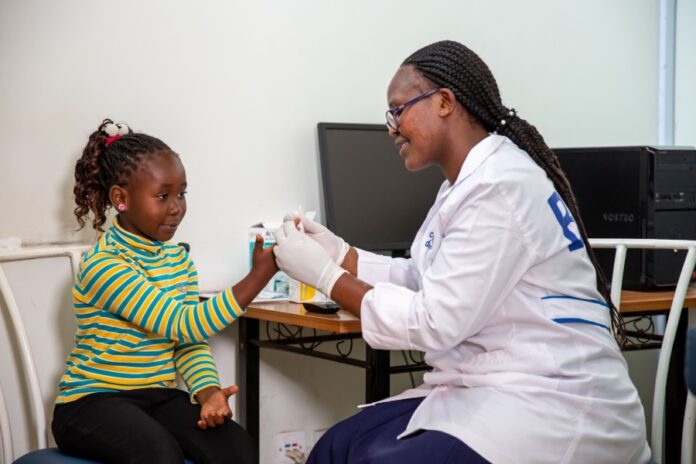A recent study by Mekonnen, H. D., & Topazian, M. (2024) titled “Opportunities for international collaboration in resource-limited settings: insights from Africa” published in Techniques and Innovations in Gastrointestinal Endoscopy shows that international collaborations can significantly improve patient care, research, and education, benefiting all parties involved.
“
International collaborations significantly enhance patient care, research, and education in resource-limited settings through mutual benefits, cultural understanding, and communication. – Mekonnen, H. D., & Topazian, M. 2024
The article underscores the significance of international collaborations in enhancing patient care, education, and research, particularly in resource-limited environments. It addresses the challenges posed by cultural differences, limited resources, and communication barriers, while offering strategies to overcome these obstacles. Key factors for successful partnerships are highlighted, such as mutual benefits, effective communication, and cultural understanding. The article also offers recommendations for building strong, mutually beneficial collaborations between resource-rich and resource-limited settings.
How the Study was Conducted
The authors interviewed colleagues who have established sustainable international collaborations to gather insights and best practices. The authors reviewed existing literature on international collaborations, focusing on clinical, educational, and research settings. Examples of successful collaborations, such as the Ethiopian Hepatitis B Program, were analyzed to identify key elements and strategies. The study developed a conceptual outline to guide the discussion on starting and nurturing successful cross-cultural collaborations.
What the Authors Found
The authors found that international collaborations can significantly improve patient care, research, and education, benefiting all parties involved. Understanding and respecting cultural differences is crucial for successful collaborations. The study also posits that clear communication, mutual benefit, and proper planning are essential for maintaining long-term, productive partnerships, and short-term visits and training programs can enhance local medical education and raise awareness of health issues
Why is this important?
Improved Patient Care: By sharing knowledge and resources, international collaborations can enhance the quality of healthcare in resource-limited settings, leading to better patient outcomes.
Enhanced Research: Collaborations can lead to more comprehensive and diverse research, incorporating different perspectives and expertise, which can result in more robust and applicable findings.
Educational Benefits: These partnerships often include training and educational programs that can significantly improve the skills and knowledge of healthcare professionals in resource-limited areas.
Cultural Exchange: Understanding and respecting cultural differences can lead to more effective and harmonious collaborations, fostering mutual respect and learning.
Sustainability: Well-planned and mutually beneficial collaborations are more likely to be sustainable, ensuring long-term benefits for all parties involved.
What the Authors Recommended
- The study suggests establishing open and transparent communication channels to ensure all parties are on the same page.
- The authors also suggest setting shared objectives that benefit all collaborators, ensuring the partnership is equitable and mutually beneficial.
- The study recommended developing long-term plans that include sustainability measures to ensure the collaboration can continue to thrive.
- In addition, the study emphasizes continuously assessing the progress and impact of the collaboration to make necessary adjustments and improvements.
In conclusion, international collaborations offer immense potential to transform healthcare, education, and research, particularly in resource-limited settings. By fostering mutual understanding, clear communication, and sustainable strategies, these partnerships can significantly enhance patient care and empower local healthcare systems. With a focus on long-term benefits and cultural respect, international collaborations not only address immediate challenges but also pave the way for ongoing improvements in global health outcomes.
















 The African Research (AR) Index is a comprehensive scholarly directory and database focused explicitly on journal publishers that publish and disseminate African research.
The African Research (AR) Index is a comprehensive scholarly directory and database focused explicitly on journal publishers that publish and disseminate African research.

